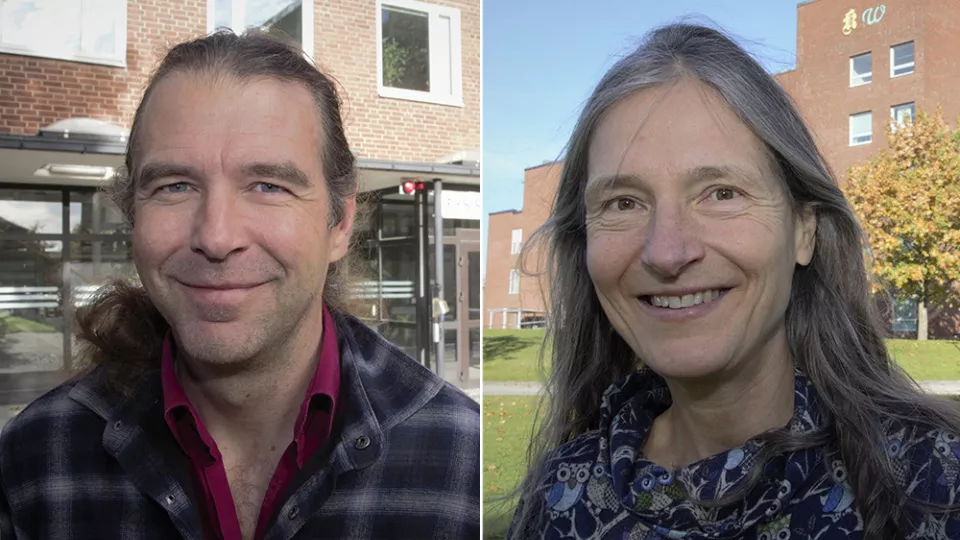This year, the Knut and Alice Wallenberg Foundation is awarding a total of SEK 700 million to 23 innovative basic research projects at Swedish universities. Four of them are based in Lund. Over five years, these projects will pursue research on allosteric signaling, more effective immunotherapy, mysterious helper proteins and quantum entanglement.
We might be able to create a drug molecule based on the same principle that could be used in new treatments.
Chemistry professor Sara Linse receives 27 million SEK to investigate the helper proteins chaperones, which make up 20 percent of the amount of protein produced in the body. The role of chaperones is to prevent our functional proteins from misfolding or clumping together, which can lead to disease. In this project, Sara Linse will investigate how a group of chaperones that increase the solubility of other proteins behave on their own and with the proteins they help.
“If we understand the principle of how the chaperones work, we might be able to create a drug molecule based on the same principle that could be used in new treatments for diseases such as Alzheimer’s, ALS, Parkinson’s disease and type 2 diabetes,” says Sara Linse.
This could help find materials to build quantum computers that can withstand higher temperatures.
Physics associate professor Mathieu Gisselbrecht receives SEK 26 million to study entanglement. It is a quantum mechanical phenomenon that can best be described as an ensemble of particles for which the quantum state of each individual particle cannot be described independently of the state of the other particles, regardless of the distance between them. Entanglement is very brittle and its study usually requires extremely low temperatures.
Using ultrashort light pulses, generated at the Lund Laser Centre, Gisselbrecht’s team with several members from NanoLund will measure the quantum state of the electron. The aim is to develop measurement methods and theories so that the researchers can better understand the entanglement of electrons emitted from matter.
“If we succeed, this could become a method that could help find materials to build quantum computers that can withstand higher temperatures, with the possibility of fast operations,” says Mathieu Gisselbrecht.


